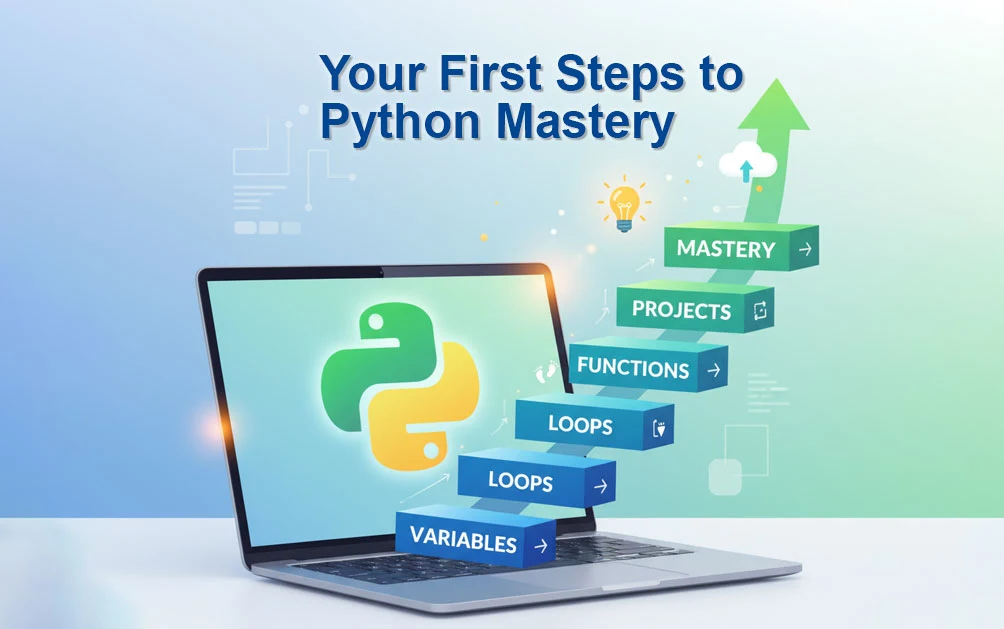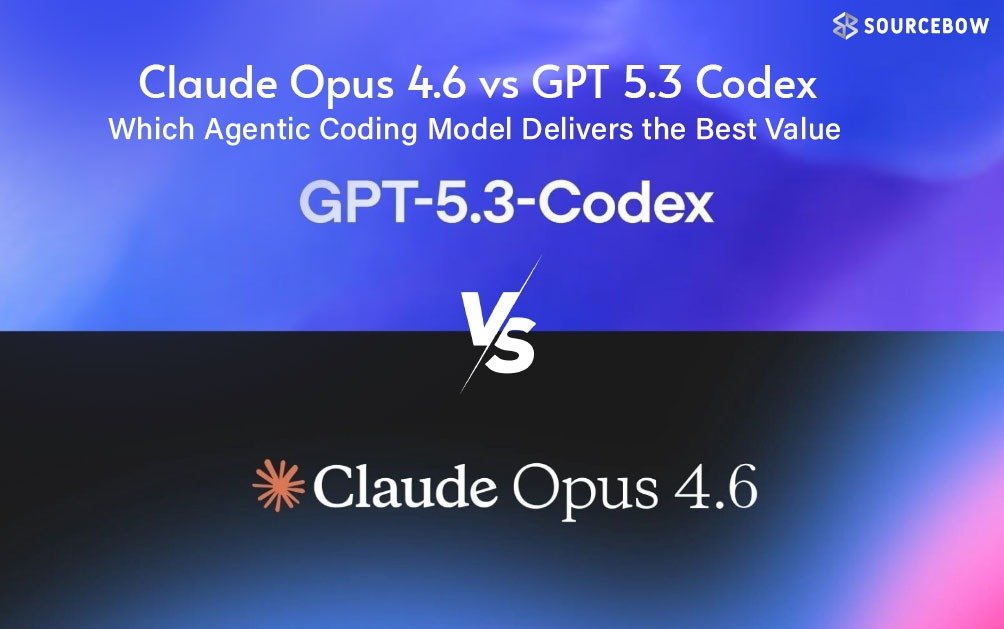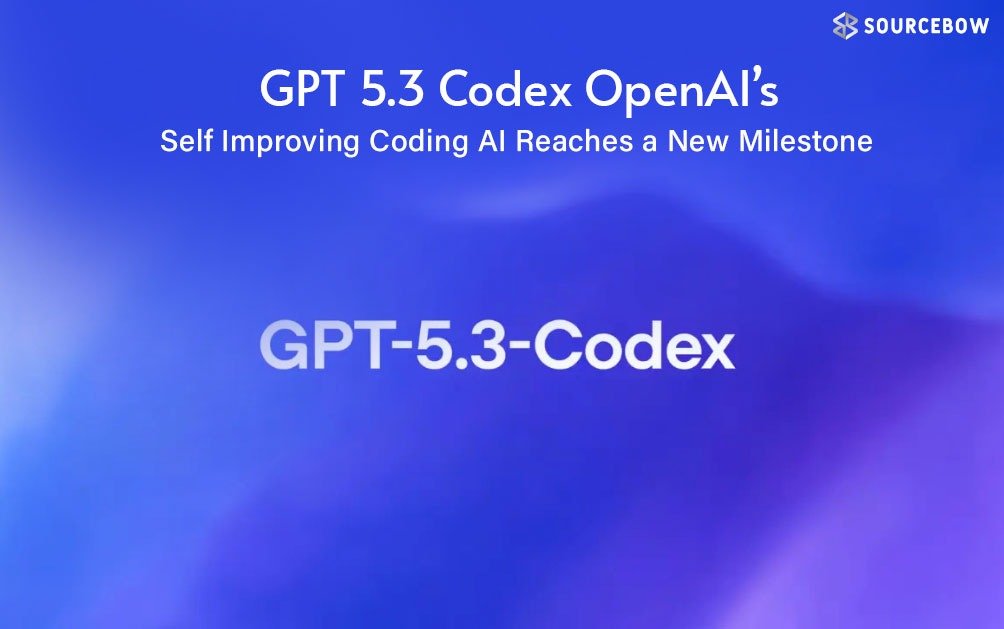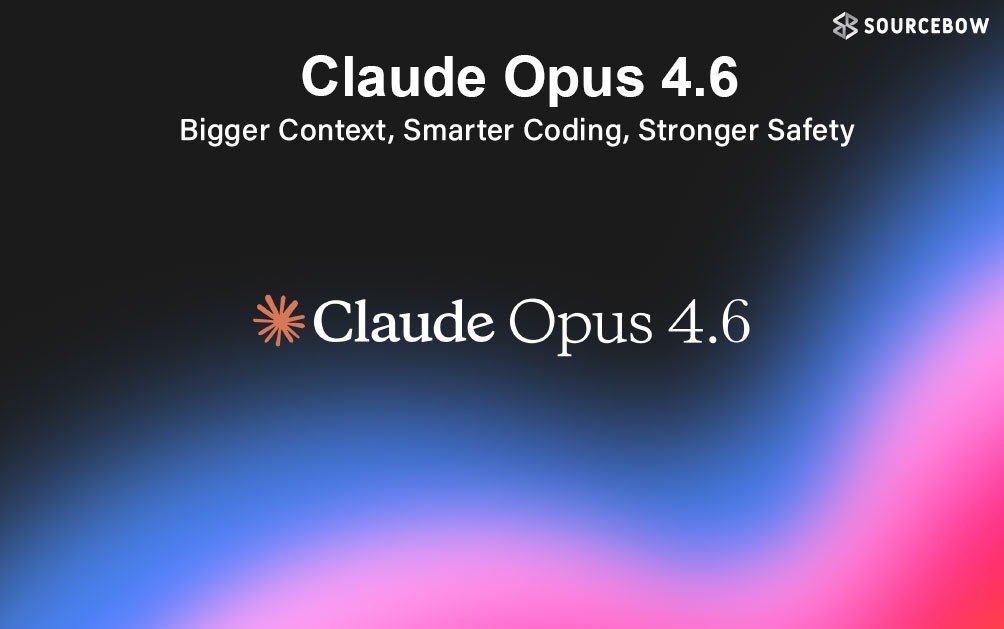Ever noticed how Python developer salaries can be all over the place?
Ever noticed how Python developer salaries can be all over the place? One person gets ₹2 lakh a year, another gets ₹10 lakh or more for the “same” Python job. It feels unfair at first, but there are real reasons behind it—skills, experience, company type, and even the kind of projects you’ve worked on.
If you’re just about to start with Python, all of this can look confusing and a bit scary. You see people talking about frameworks, AI, data science, salaries, roadmaps… and you’re just trying to understand how to print “Hello, World!”. That’s normal. Everyone who codes today was once stuck at day one.
Starting Your Python Journey
You’ve chosen Python, which is a solid choice. It’s beginner-friendly, widely used, and has a huge community. But before worrying about “which field is best” or “which stack is trending”, the first step is simpler: get comfortable with the idea of learning slowly and consistently.
You don’t need to know Python’s full history or where it ranks on some popularity chart. That’s good trivia, not something that will help you write your first program. What matters right now is: you start, you practice, and you don’t give up after a week.
Learning Python Basics: What Is Programming, Really?
Programming is just a fancy word for giving clear, step-by-step instructions to a computer.
We, as humans, can say “add two numbers” and the other person understands the idea. A computer doesn’t. It needs everything broken down: “take this number, take that number, add them, then show me the result.” When you write code, you’re basically translating your idea into a language the computer understands.
So if you feel confused at the beginning, it’s not because you’re “not smart enough”. You’re just learning a new way of thinking, and that takes time.
Learning Python Without Waiting for the Right Time
A lot of people stay stuck in planning mode. They watch videos about Python, save roadmaps, join Telegram groups, but never actually open an editor and write code.
Common excuses look like this:
- “I’m bad at maths.”
- “I don’t have a good laptop.”
- “What if AI takes all the jobs?”
- “I’ll start from next Monday.”
These aren’t real blockers, they’re just fears talking. You don’t need to be a maths genius to start coding. You don’t need the latest MacBook. You just need to start with whatever you have, even if it’s a basic system or your phone.
Learning Python Faster With Cheat Sheets
In the beginning, you won’t remember all the syntax. Where to put colons, how to write a loop, what’s the exact function name—it’s normal to forget.
That’s where cheat sheets help a lot. They’re one-page or short notes that list common commands and patterns. Instead of trying to cram everything into your head, you just keep the cheat sheet next to you and refer to it whenever you get stuck.
It’s like having a small shortcut. Over time, as you keep using those commands, they naturally get stored in your memory without forcing it.
Learning Python Setup: Coding Environment Without Headache
Many beginners get stuck before they even write their first program because they’re fighting with installation issues: Python versions, editors, PATH problems, and so on.
If that’s happening to you, skip the headache for now. Use an online environment like Replit. You open the website, choose Python, and start typing code. No setup drama.
Replit even has a mobile app, so if you’re travelling or don’t have constant access to a laptop, you can still practice basic code on your phone. It’s not perfect, but it’s better than not coding at all.
Learning Python in the Age of AI
Yes, AI is everywhere right now. Tools can generate code, write functions, and even suggest fixes. It’s easy to think: “If AI can code, why should I learn it?”
But look at it this way: AI is affecting almost every field—writing, design, marketing, support—yet people are still learning and working in those areas. Tools are here to help, not to completely replace everyone.
If you’ve decided you want to learn programming, don’t use AI as a reason to quit before starting. In fact, if you understand code, you can use AI tools better than someone who doesn’t know anything.
Learning Python With a Simple 20-Day Rule
Instead of thinking, “I’ll become a Python expert this year,” start smaller.
Tell yourself: “For the next 20 days, I’ll touch Python every single day.” Even if it’s just 30–45 minutes a day:
- Write a few lines of code.
- Solve one or two basic problems.
- Watch a short lesson and implement it.
Treat it like exercise. At first you might not enjoy it. But after some days, skipping it will feel weird. Those 20 days are enough to cover a lot of basics: variables, loops, conditions, functions, simple input-output. Once you reach that point, Python won’t feel alien anymore.
Learning Python Consistently Without Quitting
Life doesn’t stop just because you started a course. You might have exams, office work, family functions, or other responsibilities.
If you miss 2–3 days, don’t throw the whole plan away. Just come back to it. A small break is fine. Quitting completely is the real problem.
Set a realistic target like: “I’ll finish this beginner Python course in 1–2 months,” even if you can’t do it daily. Progress is progress, even if it’s slow.
Learning Python Through Simple Projects
Once you’ve covered the basics, don’t stay stuck in only watching tutorials. Start using what you know, even if your projects are tiny and imperfect.
Some simple project ideas:
- A calculator that adds, subtracts, multiplies, and divides.
- A number guessing game.
- A “Snake, Water, Gun” or rock-paper-scissors style game.
- A small quiz app where the user answers questions and gets a score.
These small things teach you more than 10 videos combined, because you’ll run into real errors and you’ll have to think a bit on your own.
Learning Python Portfolio Using GitHub
From the beginning, start putting your projects on GitHub. You don’t need to be an expert in Git. Just learn the basics:
- How to create a repository.
- How to add files.
- How to commit and push changes.
This does two things:
- Acts as a backup of your code.
- Slowly becomes your portfolio, which you can show to companies or mentors later.
Even if your early code looks “basic” or messy, that’s fine. Everyone starts like that.
Learning Python With the Right Resources
Sometimes a course or teacher is good in general, but one topic doesn’t click. Maybe someone explains loops in Hindi and you’re confused, but an English video makes it clear in 5 minutes—or the other way around.
That’s completely normal. It doesn’t mean you’re weak; it just means your brain liked a different explanation. Mix and match resources:
- Hindi + English videos
- Text tutorials + YouTube
- Practice sites like HackerRank or LeetCode for problems
Your goal is understanding, not loyalty to one teacher.
Learning Python Tools That Actually Help
Here are a few things that are genuinely useful for a beginner:
- Online coding environments like Replit, if setting up locally is a pain.
- Git and GitHub, just the basics, so you can store and share your code.
- Later, when you’re past the basics, tools like GitHub Copilot or other AI code helpers.
If you’re a student, check the GitHub Student Developer Pack. It gives access to a lot of paid tools for free, sometimes including Copilot and cloud services. That can save you money and expose you to real-world tools.
Just remember: tools are there to support your learning, not replace it. Don’t get lost in installing fancy things and forget to actually write Python code.
Learning Python: What Can You Build?
Once you’re comfortable with the basics, Python opens up a lot of doors:
- Simple games like Snake, Water, Gun or text-based adventures.
- Automation scripts to rename files, clean folders, or process data.
- Small clones of things you see around you, like a railway announcement simulator or a basic score review (DRS-style) console app.
- Later, you can move into web development, data analysis, machine learning, and more.
Right now, don’t worry about “which field gives the highest salary”. First, get to the point where you can actually build things. That skill is what eventually moves you from ₹2 lakh to ₹10 lakh and beyond—not just the fact that you “know Python”.
In the beginning, focus on this:
- Start.
- Be consistent for at least 20 days.
- Build small projects.
- Put your work on GitHub.
- Keep learning from different sources.
The rest—better projects, internships, and higher salaries—comes step by step once you’ve built a strong base.





